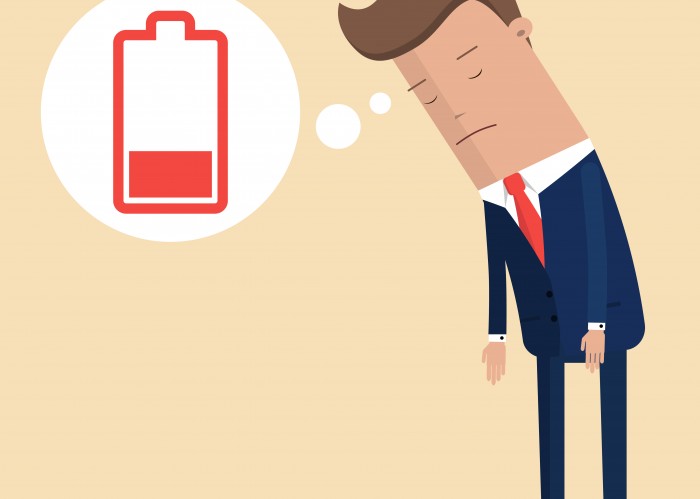
One of the most famous health trends globally is intermittent fasting, also known as IF. Countless people use it to attain their fitness goals, from losing weight to improving their overall health. Several studies indicate that it can enhance your body and brain, with some even suggesting that it can increase your lifespan. As beneficial as it may seem, you need a guide to ensure you get the maximum from it without compromising your health. Our personal trainers in Dubai have put together the following information to ensure that you can do intermittent fasting the correct way.
What is Intermittent Fasting?
Contrary to what many individuals believe, it is not a diet in the conventional sense but an eating pattern that gives you periods of eating and fasting. It does not specify what you should consume but when you should have your meals. Fasting is a practice that has been carried out across various cultures and religions for several centuries. There are no health risks to fasting temporarily for a few hours, as we can function without food for 8 to 21 days. Some personal fitness trainers believe that fasting occasionally is more natural than having three meals a day. However, to ensure you get the maximum benefit, you need to make a proper plan.
First, decide on the timing.
How long your fasting window will last depends on your level of fitness and overall health. If this is your first time fasting, it is best to start with a smaller window. A few hours a day will be easier for you than refraining from food for the entire day. The essential thing you need to keep in mind is that it needs to be sustainable. You need to be able to consistently continue with the routine, only then you will be able to reap benefits from the program. While you can choose the timings as per your convenience, we recommend following one of the three following methods.
- The 16/8 method: Also known as the Leangains protocol, this method is considered the easiest to follow as you eat every day except only for specific hours. You typically have two meals a day. Then fast for 16 hours. Most people opt to skip breakfast and then fast from 2 to 10 pm, but you have the freedom to change this according to your needs. However, make sure to fast for 16 hours at a stretch.
- Eat-Stop-Eat: In this method, you fast for 24 hours once or twice a week. It is the most difficult method and beginners are generally discouraged from doing this as it can be challenging to sustain.
- The 5:2 diet: If you opt for this, you can only consume 500 to 600 calories a day. This needs to be done on two non-consecutive days in a week. The rest of the days, you are allowed to eat normally.
How to fast?
A mistake many people make is they tend to binge or eat unhealthy food during the periods they are allowed to eat. This defeats the purpose of the fast as any progress will be offset by what you eat. So make it a point to eat healthily when you are not fasting.
- Refrain from sugary drinks and beverages
- Do not indulge in greasy food
- Incorporate vegetables and fruits in your meals
- Reduce carbohydrate intake
- Make sure to eat proteins
When you are fasting, consume as many liquids as you can. Water, tea, coffee and other beverages with little to no calories are all allowed and essential to help you get through your day. Staying hydrated will help you avoid excessive hunger and will ensure that you do not fatigue quickly.
Intermittent fasting is an excellent way to control your calorie intake, but to properly become fit, working out is mandatory. Eating habits can only do so much; you need exercise to burn excess weight properly and achieve good physical and mental health. For information on how to exercise while you are following an intermittent fasting program, you can speak to our male or female personal trainer at Be Fit.




